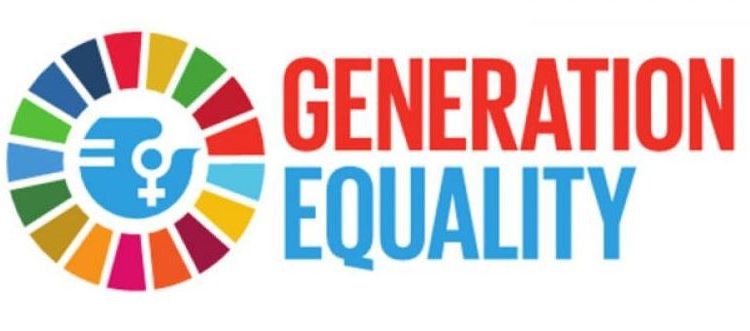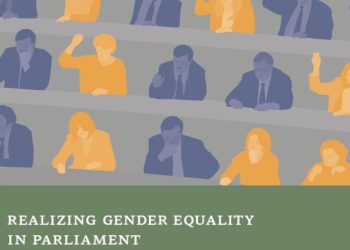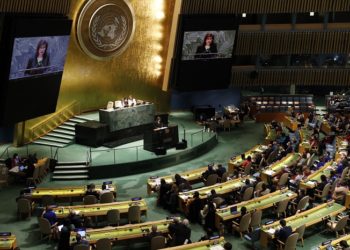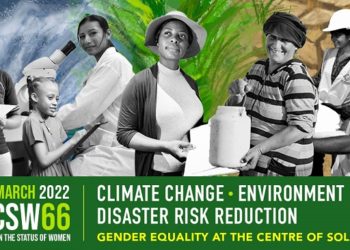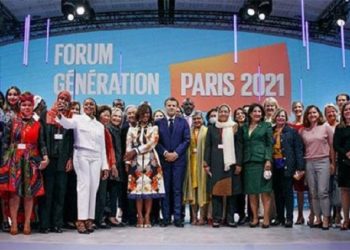Generation Equality conference, which kicked off on March 29 in Mexico City, ended on March 31 with a cultural celebration following a three-day dynamic discussion of the Draft Coalition for Action, the Global Program for Gender Equality, and the New Catalytic Gender Equality Commitment. This work paved the way for the next round of the Generation of Equality Forum, held in Paris from June 30 to July 2, with a particular focus on new commitments.
Generation Equality Forum is one of the largest global feminist events since the Fourth UN World Conference on Women in 1995 in Beijing. The virtual forum in Mexico City was the first phase of the event, which was attended by more than 13,000 leaders and activists from around the world, 48% of whom were young people over 34 years old. The event was attended by more than 250 speakers from 85 countries, presenting a vision for gender equality action. The meeting came amid growing concerns that COVID-19 has exacerbated the “gender equality crisis” by making action and investment in women’s rights more important. A quarter of a century after the landmark Beijing Conference and Generation of Equality, the Forum aimed to redouble its efforts to fully implement the fundamental rights of women.

At the opening of the Generation Equality Forum in Mexico City, world leaders called for bold, concrete progress on gender equality. The forum was opened by UN Women Executive Director Fumzile Mlambo-Ngkuka, UN Secretary-General Antonio Guterres, Mexican President Andres Manuel Lopez Obrador and French President Emanuel Macron.
They were joined by youth activist Elvira Pablo and civil society leader Sharon Bagavan Rawls, who represented youth civil society groups that co-founded the Forum, such as Olga Sanchez Cordero, Secretary of the Interior, and Mexican Secretary of State Bard Marcelo.
Women Leadership as one of the key factors in ensuring gender equality was addressed at the Women in Transformational Leadership for Equality Generation Plenary Session. The meeting was attended by the Prime Minister of Finland Sanna Marin, UN Under-Secretary-General Amina Mohamed and many other speakers. Participants spoke about the potential for inclusive leadership the change it can bring to girls and women around the world, shared their approaches and experience of women leadership before the COVID-19 outbreak.

During the first day of the forum, 22 thematic dialogues took place, focusing on the structural inequalities and crises underlying the gaps in the implementation of the Beijing Platform for Action. Topics discussed included women from different walks of life, including women in the context of climate change, the need to use digital technology, support for feminist movements, local organizations, and gender-based violence.
Full text in Armenian




